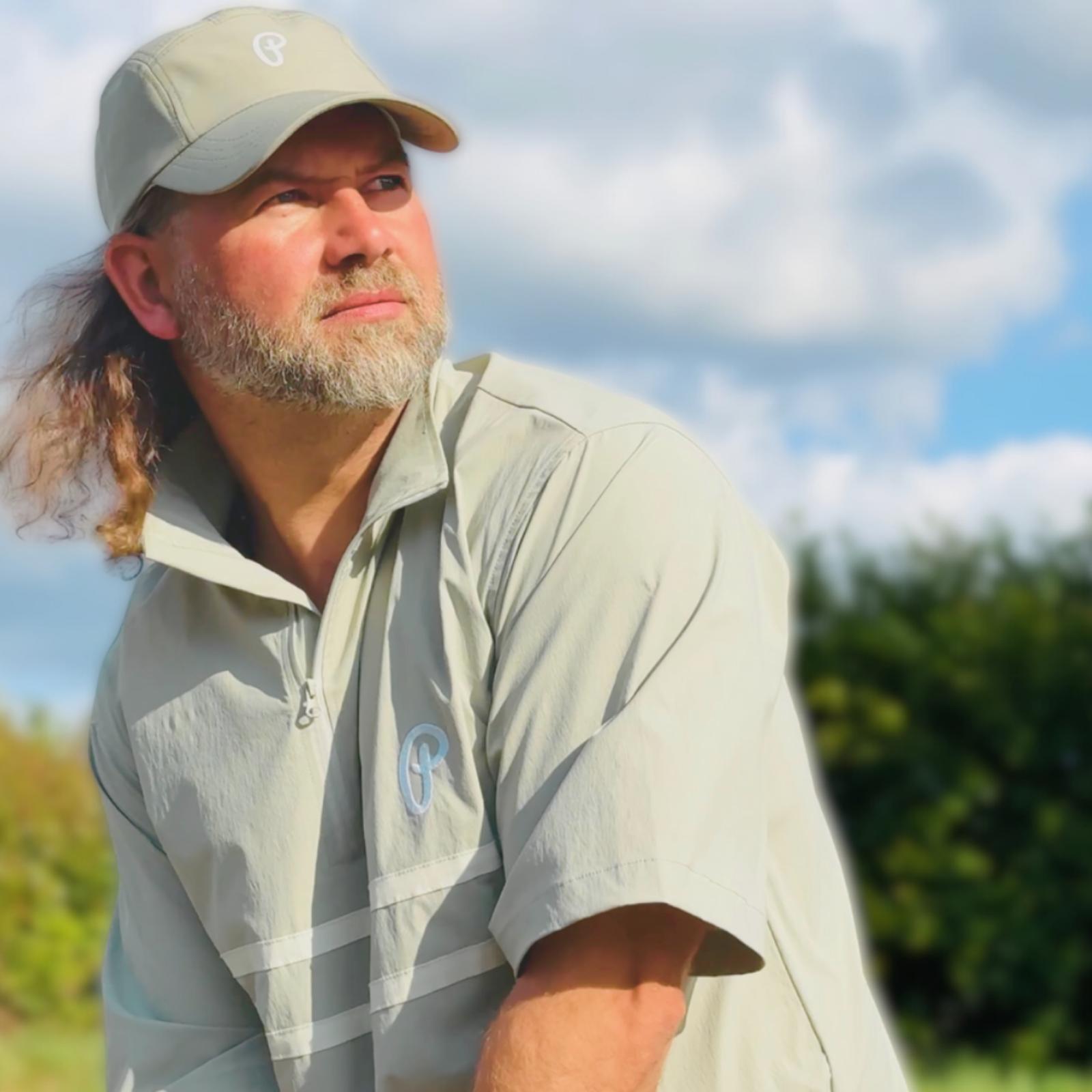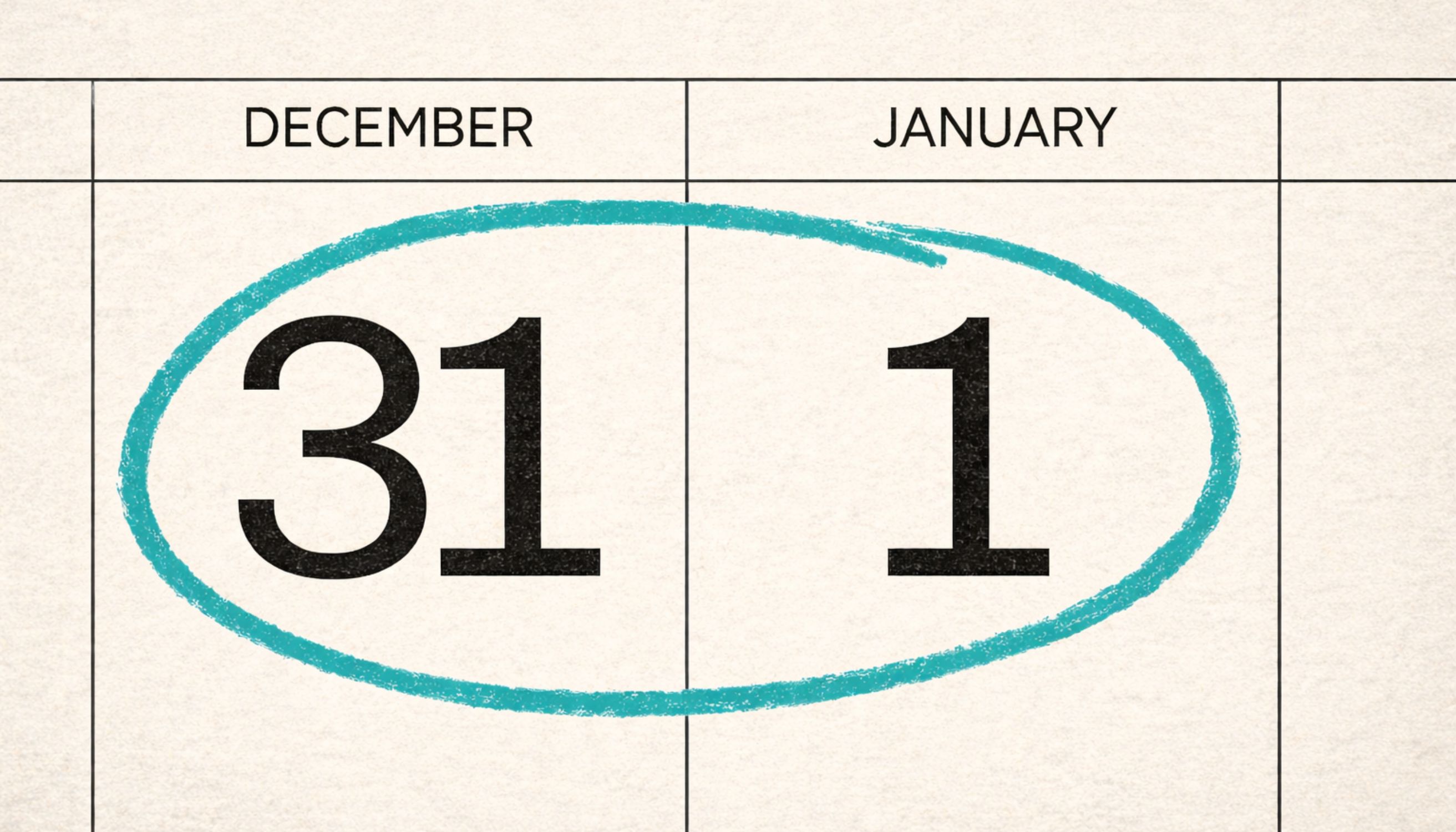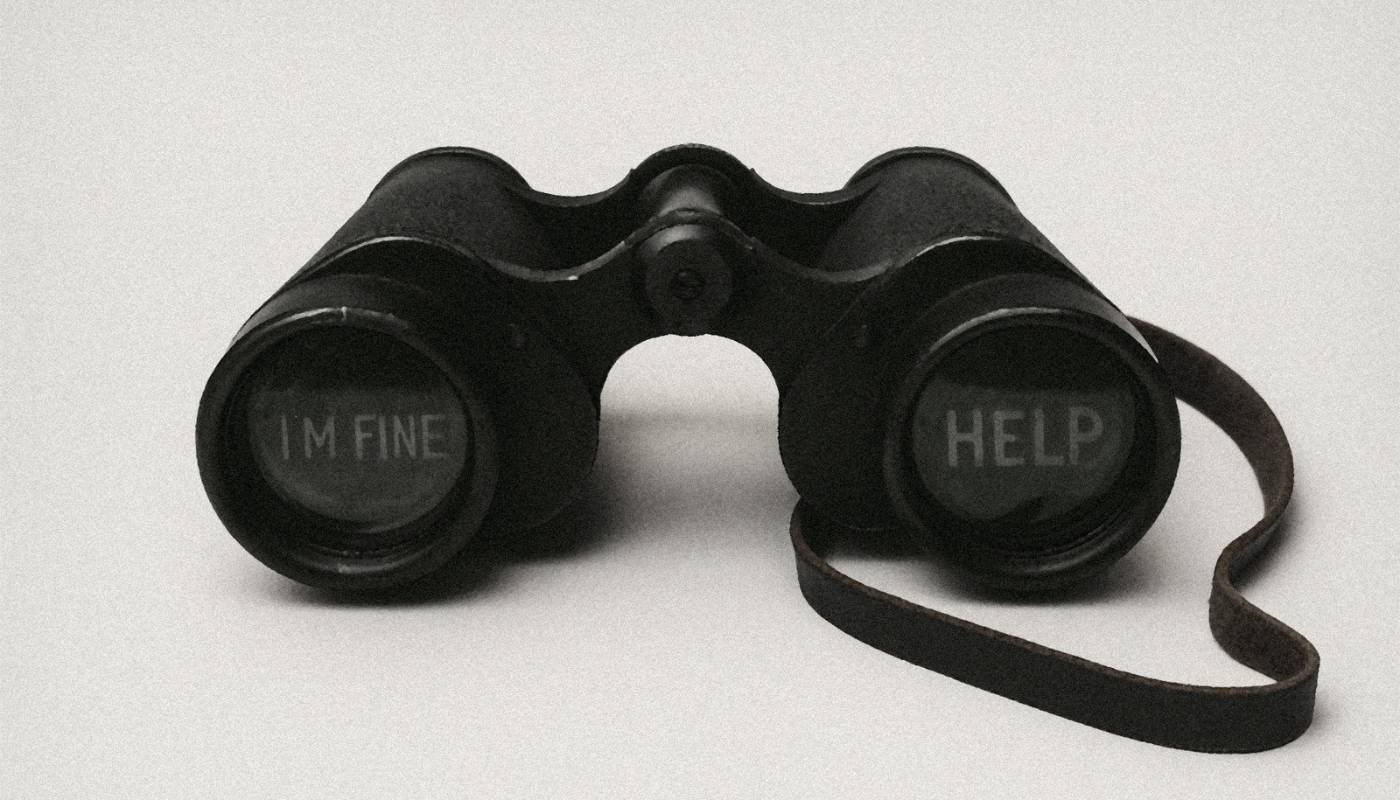

Neil Williams is a PGA Professional who grew up by the sea in the south of England, where golf and surf gave him a sense of rhythm that stuck. His first coach was his dad, a 12-handicap with a short game that could make grown men cry. Those early rounds taught Neil what a clean strike feels like, and what patience looks like when things don’t quite go where you aimed.
When Neil lost his dad at 21, golf became the anchor. He threw himself into the game, trimming his handicap from 12 down to scratch, and eventually building a career from the same obsession that got him through.
Dyslexia shaped that path too. School made it complicated, but it also gave Neil a knack for seeing things differently - in patterns, visuals, and feel. Now it’s his strength as a coach. He keeps the clutter out, explains things simply, and gets what it’s like to wrestle with something you can’t quite put into words.
These days, Neil spends most of his time on course, in the studio, or creating Youtube and Instagram content, where he lifts the lid on what coaching actually looks like. Golf for him is skill, yes, but it’s also resilience, creativity, and finding the approach that works for your own brain.
Neil’s story shows how difference teaches you patience. And how patience quietly shapes the way you move through everything else.
Growing up with dyslexia meant nothing came quickly. Learning took rhythm, feel, and a bit of stubbornness. That way of working — slow, steady, no shortcuts — is what shaped him as a coach. He spots patterns other people miss. He explains things simply. He gives the kind of feedback that actually lands.
It also changed the way he thinks about looking after himself. For Neil, it’s physical - running, surfing, getting outside. A bit of skincare, a bit of structure. Things that make him feel like he’s showing up for the day.
That’s the thing about self-care. It’s different for everyone. For some, it’s rest. For others, it’s movement or focus. The shape doesn’t matter. What matters is that it keeps you steady enough to face whatever’s next.
If parts of Neil’s story connect with you, these may help:
Dyslexia Support (UK) – The British Dyslexia Association provides resources, tools, and community connections for anyone living with dyslexia, as well as practical advice for family and workplaces.
🔗 bdadyslexia.org.uk
Learning Differences and Neurodiversity (Global) – Understood.org offers international resources and supportive tools for people with ADHD, dyslexia, and other learning differences.
🔗 understood.org
Grief and Bereavement (UK) – Cruse Bereavement Support provides free, confidential counselling and group support for anyone coping with loss.
🔗 cruse.org.uk
Bereavement Support (US) – GriefShare runs local and online support groups for anyone navigating loss, open to all faiths and backgrounds.
🔗 griefshare.org
Talking Therapies (UK) – NHS Talking Therapies lets you self-refer for free counselling or CBT sessions anywhere in England.
🔗 nhs.uk/talking-therapies
If You’re Struggling Right Now (24/7) –
• UK: Call Samaritans on 116 123 or visit samaritans.org
• US: Dial 988 to reach the Suicide and Crisis Lifeline (988lifeline.org)
• Worldwide: Find verified helplines in your country at findahelpline.com




.jpg)








.avif)
.avif)
.avif)
.avif)
.avif)
.avif)
.avif)
.avif)
.avif)
.avif)
.avif)
.avif)
.avif)
.avif)
.avif)
.avif)
.avif)
.avif)
.avif)
.avif)
.avif)
.avif)
.avif)
.avif)
.avif)
.avif)
.avif)
.avif)
.avif)
.avif)
.avif)
.avif)
.avif)
.avif)
.avif)
.avif)
.avif)
.avif)
.avif)
.avif)
.avif)
.avif)
.avif)
.avif)
.avif)
.avif)
.avif)
.avif)
.avif)
.avif)
.avif)
.avif)
.avif)
.avif)
.avif)
.avif)
.avif)
.avif)
.avif)
.avif)
.avif)
.avif)
.avif)
.avif)
.avif)
.avif)
.avif)
.avif)
.avif)